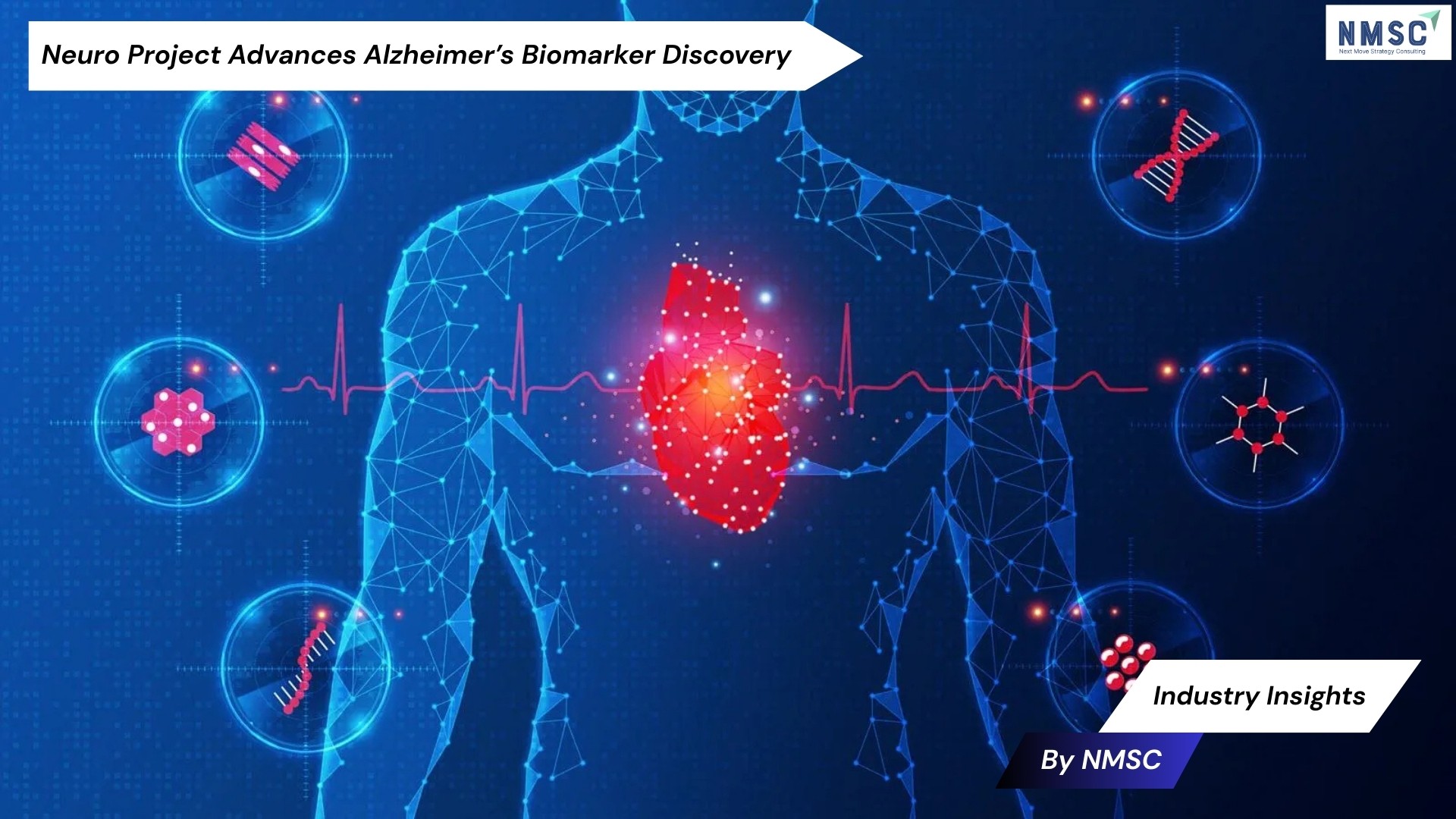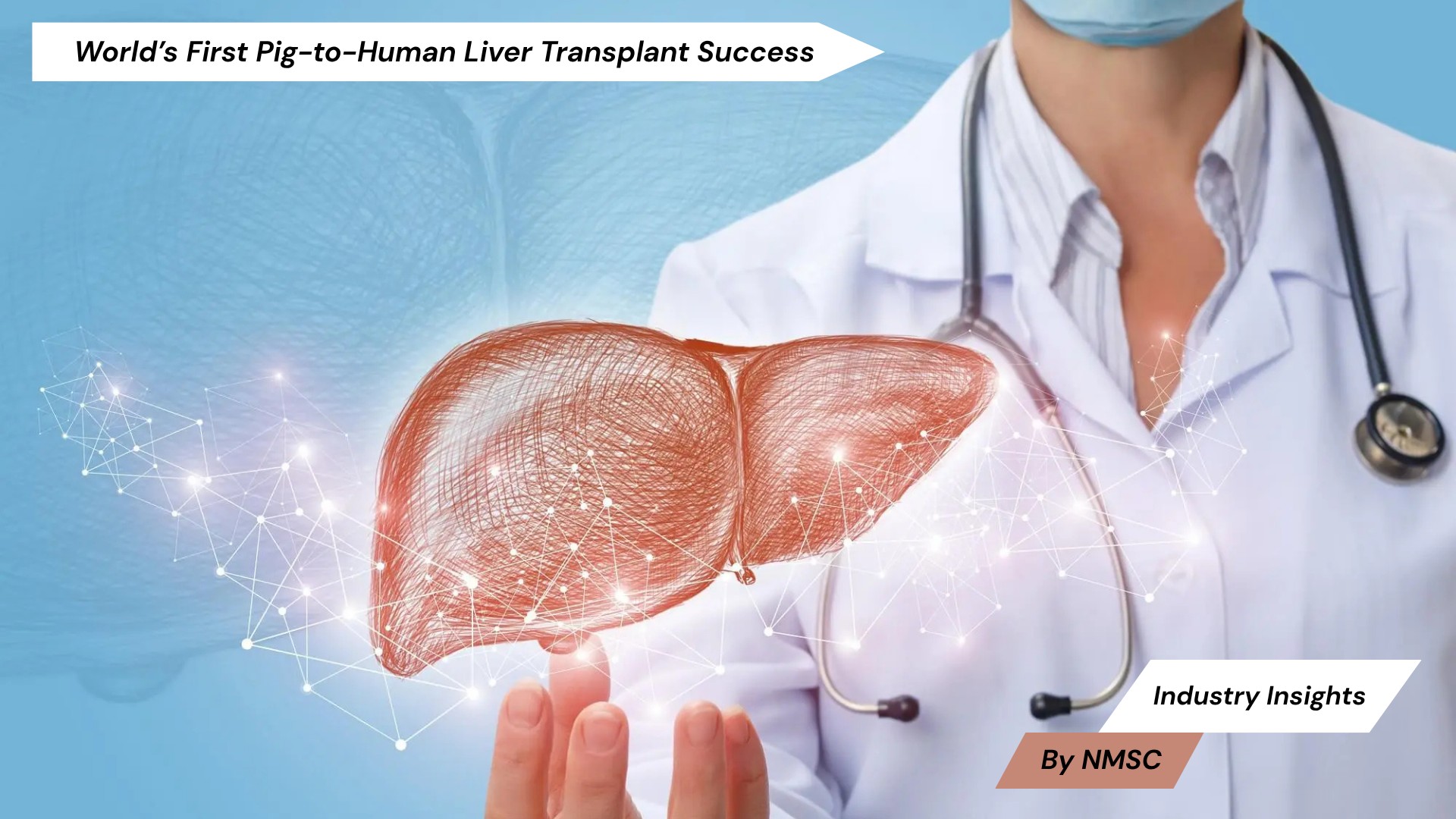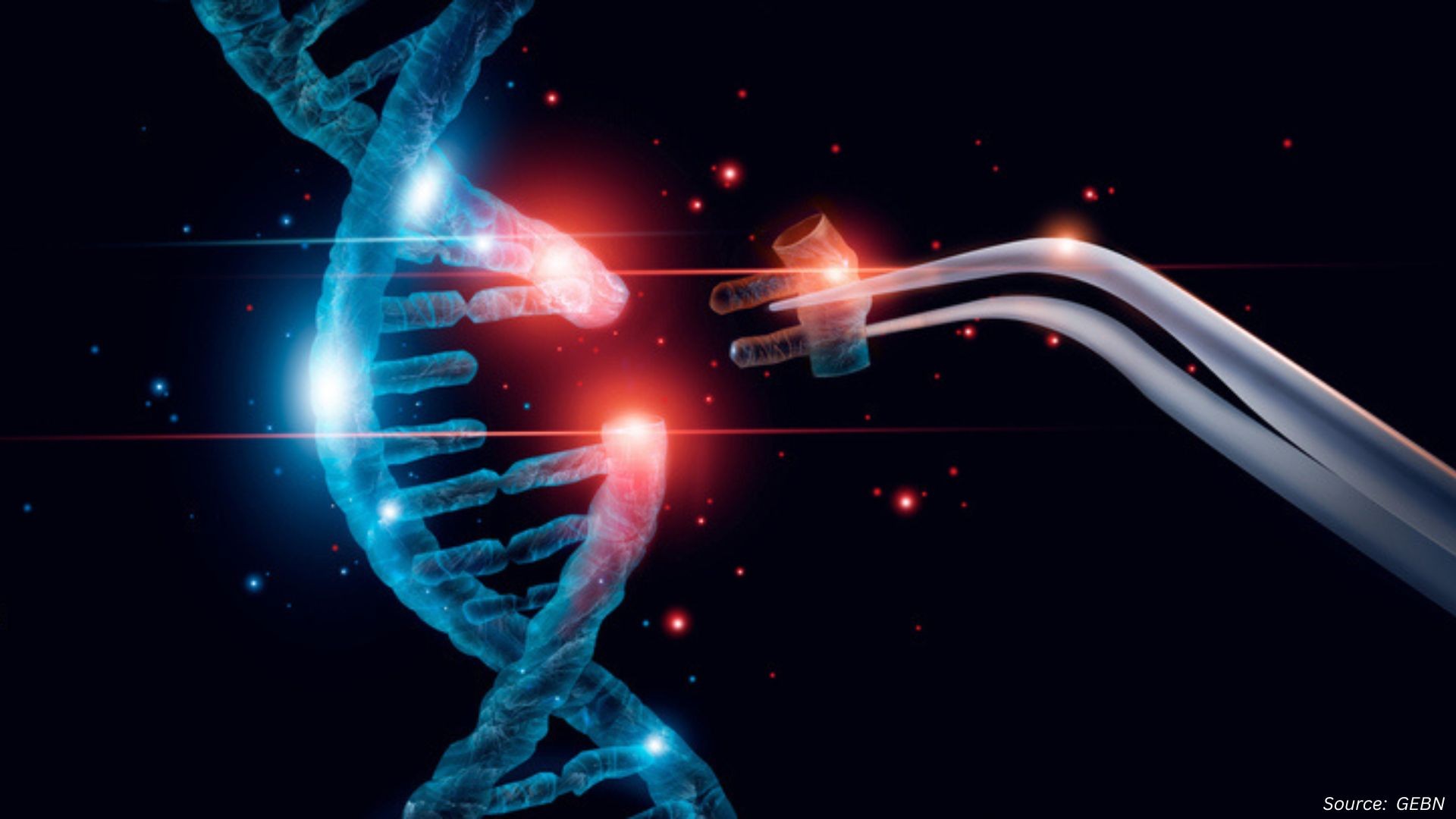Neuro Project Advances Alzheimer’s Biomarker Discovery
Published: 2025-09-24

Industry Insights from Next Move Strategy Consulting
A pioneering project led by Dr. Pedro Rosa-Neto at The Neuro (Montreal Neurological Institute-Hospital) of McGill University has received a significant boost with a $10-million grant from the Weston Family Foundation. The funding is part of a broader $20-million effort under the foundation’s Healthy Aging Strategy, designed to support high-impact scientific research through the Weston Brain Institute and the Weston Family Microbiome Initiative.
Transforming Alzheimer’s Research with Advanced Imaging
Alzheimer’s disease remains the leading form of dementia, affecting over 750,000 Canadians, according to the Alzheimer Society of Canada. Accurate and accessible biomarkers are essential for diagnosing, staging, and tailoring effective treatments for patients.
Dr. Rosa-Neto’s project will utilize and expand existing resources at the McConnell Brain Imaging Centre (BIC) with the acquisition of a Panorama GS tomograph from United Imaging—the first ultra-high-sensitivity whole-body PET/CT scanner in Canada. This advanced imaging technology is expected to facilitate the discovery of next-generation biomarkers, particularly those linked to neuroinflammation, a critical driver of cognitive decline.
“This new technology will allow us to understand better than ever before the mechanisms of disease progression in people with Alzheimer’s,” says Dr. Rosa-Neto. “We can then use this information to develop better treatments to prevent, slow, or reverse the effects of this terrible disease. Thanks to the Weston Family Foundation for this critically important investment.”
Julien Doyon, PhD, Director of the BIC, adds, “The Panorama further solidifies the BIC’s position as a global leader in brain imaging. Few institutes worldwide can provide this level of imaging capacity, and our capabilities continue to grow.”
Next Move Strategy Consulting’s View
From the perspective of Next Move Strategy Consulting, this development represents a notable advancement in the global biomarkers market. The project’s focus on next-generation Alzheimer’s biomarkers and neuroinflammation targets an area with growing demand for precise diagnostic and therapeutic solutions. As imaging technologies like the Panorama GS tomograph enable earlier detection and more personalized treatments, stakeholders in the biomarkers market may witness accelerated innovation, increased investment, and expansion of research-driven opportunities.
A Leading Hub for Brain Research and Patient Care
The Neuro – Montreal Neurological Institute-Hospital – has long been recognized for integrating world-class research, patient care, and academic training. Since its founding in 1934 by neurosurgeon Dr. Wilder Penfield, it has become Canada’s largest neuroscience research center and a global leader in adopting Open Science practices, accelerating discoveries that transform patient outcomes.
With this new funding and technology, The Neuro is poised to drive significant breakthroughs in Alzheimer’s biomarker research, ultimately improving diagnosis, treatment personalization, and quality of life for patients worldwide.
Source: McGill University – The Neuro
Prepared by: Next Move Strategy Consulting
About the Author
 Tania Dey is an experienced Content Writer specializing in digital transformation and market insights. She creates data-driven content that boosts visibility and aligns with emerging trends. Known for simplifying complexity, she delivers engaging narratives that help organizations stay competitive.
Tania Dey is an experienced Content Writer specializing in digital transformation and market insights. She creates data-driven content that boosts visibility and aligns with emerging trends. Known for simplifying complexity, she delivers engaging narratives that help organizations stay competitive.
About the Reviewer
 Sanyukta Deb is a skilled Content Writer and Digital Marketing Team Leader, specializing in online visibility strategies and data-driven campaigns. She excels at creating audience-focused content that boosts brand presence and engagement, while also pursuing creative projects and design interests.
Sanyukta Deb is a skilled Content Writer and Digital Marketing Team Leader, specializing in online visibility strategies and data-driven campaigns. She excels at creating audience-focused content that boosts brand presence and engagement, while also pursuing creative projects and design interests.
















Add Comment